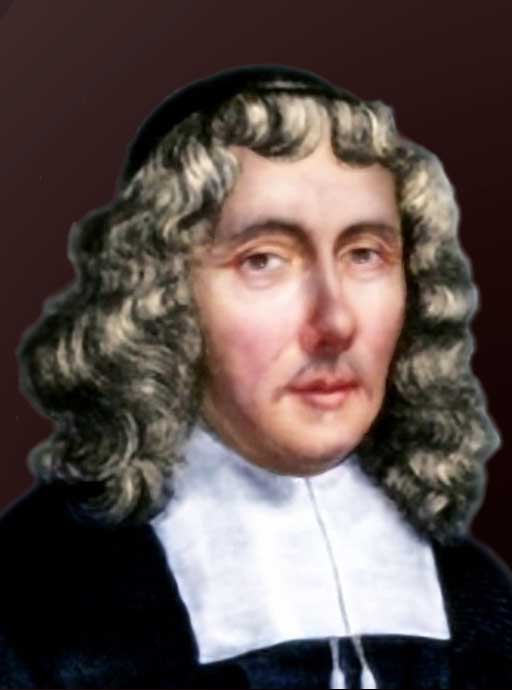
Part I
Part II
Part III
Part IV
Part V
Part VI
Part VII
Part VIII
Part IX
Part X
Part XI
Part XII
Before concluding this series, I’d like to take a look at a couple of second-generation reformers of the seventeenth century, for the purpose of showing how not only the proto-reformers and reformers of the sixteenth century, but also their spiritual descendants, adhered to and preached the Kinist (ethnonationalist) understanding of nationhood. In this regard we now turn to the famous Dutch Calvinist scholastic theologian, Hermann Witsius (1636-1708).
In 1669, he wrote a pamphlet whose primary purpose was polemicizing against Cartesianism, one of the greatest threats to the faith at the time. In it he wrote concerning the Dutch nation:
God has made our country another Jerusalem, from where the Word of God proceeds to other nations. . . . We are God’s nation, drawn close by God, and specially elected to be his property – therefore he also expects more from us than the rest.1
This Dordtian Calvinist saw the Dutch nation as specially chosen by God for a specific purpose in advancing God’s Kingdom, and blessed abundantly by God’s grace. He had no difficulty feeling a specific pride with regard to his national identity and unique calling for his own kin, with the reformed doctrine of sola gratia. In the Canons of Dordt, after all, there is mention of the inequality of nations with regard to the sanctifying effect of the gospel upon them. In the first of the five points, the ninth error rejected is the false teaching
that the cause for God’s sending the gospel to one people rather than to another is not merely and solely God’s good pleasure, but rather that one people is better and worthier than the other to whom the gospel is not communicated.
For Moses contradicts this when he addresses the people of Israel as follows: “Behold, to Jehovah your God belong the heavens and the highest heavens, the earth and whatever is in it. But Jehovah was inclined in his affection to love your ancestors alone, and chose out their descendants after them, you above all peoples, as at this day” (Deut. 10:14-15).
We thus see that the idea of a nation especially separated, chosen, and blessed above others was widely accepted and taught by the Dutch Calvinists of the seventeenth century. Moreover, they believed that there is a special divinely ordained purpose for their own nation, for which they reserved a special affection not shared with the rest of the catholic Church.
Part XIV: The English Church’s Prayer for the Nation
Footnotes
- http://www.dbnl.org/tekst/groe023pred01_01/groe023pred01_01_0006.php#392 – note: source is Dutch ↩
| Tweet |
|
|
|




